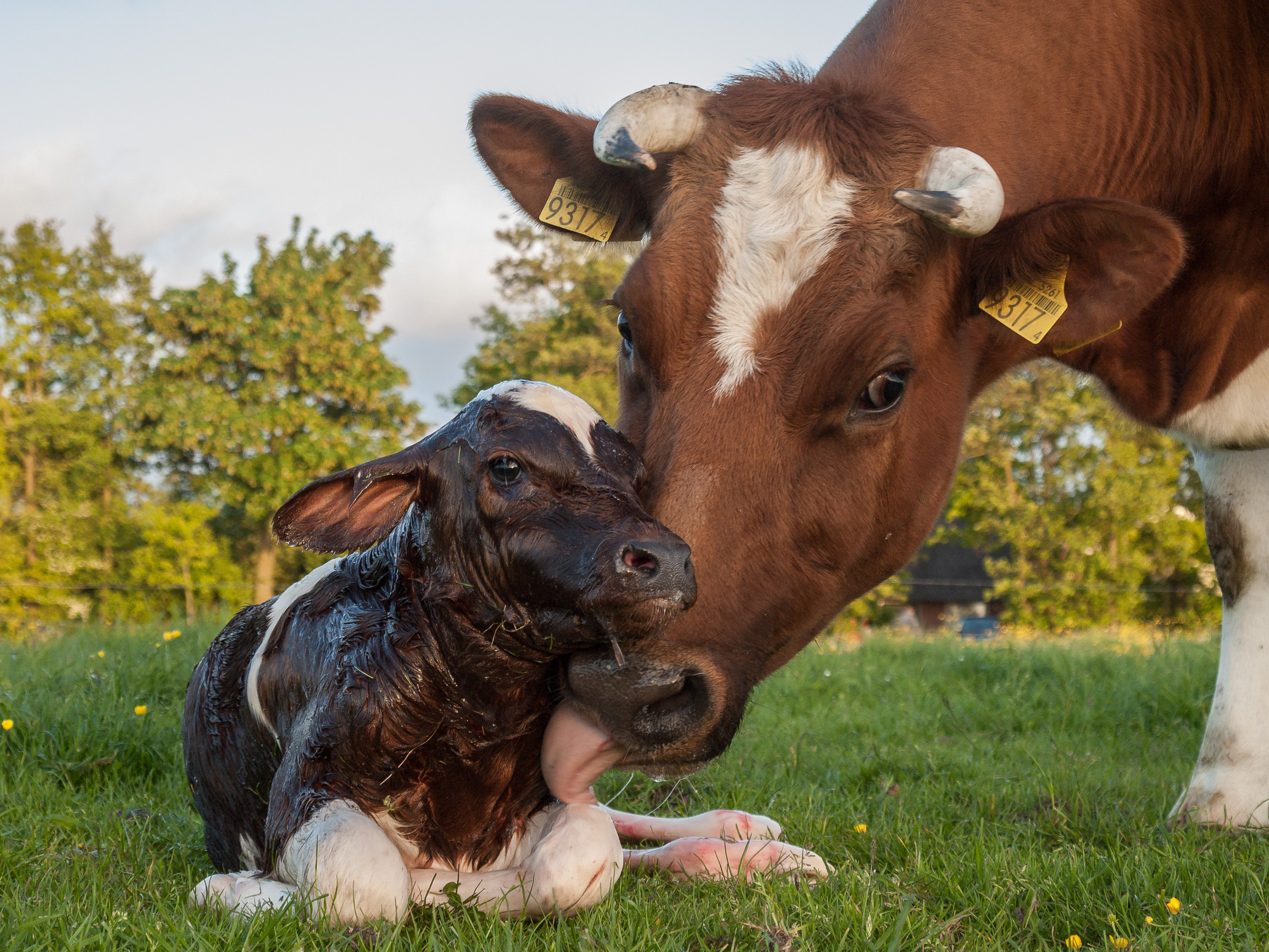Today, the Montreal SPCA announced that a former veal facility worker has been found guilty of animal cruelty under provincial law. The worker was sentenced to pay $4000 in fines and is prohibited from possessing more than five animals for a period of 15 years.
The conviction and sentencing arose from undercover footage obtained by Mercy For Animals and a subsequent investigation by the Montreal SPCA.
Farmed animal cruelty prosecutions are undoubtedly victories. However, they also reveal severe shortcomings in our commercial agriculture system and the law enforcement that almost always fails farmed animals.
Animal agriculture is essentially an unregulated industry. That means factory farms that raise animals for meat, dairy, and eggs are never proactively inspected for compliance with the meagre animal welfare laws that do exist. Law enforcement bodies may investigate facilities upon receiving a sufficiently detailed complaint of animal cruelty from a witness, but that almost never happens since most abuse and neglect takes place on private property behind closed doors.
The abuse only came to light in this case because Mercy For Animals–an animal advocacy organization–took it upon itself to send in an employee wired with a hidden camera to document the conditions of the facility and behaviours of the workers. As important as this work is, the responsibly to perform the role of law enforcement should not have to fall to the public. The government should be regulating farming conditions, and it should be conducting its own investigations and inspections.
A conviction was obtained in this case through the dedication of the Montreal SPCA, which enforces some animal protection laws in the region. Although the Montreal SPCA is staffed with committed lawyers and inspectors advocating for vigorous enforcement of animal protection laws, not all animal law enforcement bodies are as diligent (examples here and here).
Abuse and neglect are so readily exposed in animal agriculture because the system breeds desensitization to animals. A system that uses animals as commodities will treat animals like commodities rather than the sentient beings that they are.
But abuse and neglect aside, commercial animal agriculture has animal suffering built-in even in the best of circumstances. Cows, pigs, turkeys, and chickens endure separation from family, mutilations without painkillers, severe confinement, filthy living quarters, fetid air, no access to the outdoors, unsuitable food, and boredom. Their genes are manipulated so that suffering is bred into their very DNA. Ultimately, they are killed at a fraction of their natural lifespan. Like us, animals used for food fear and resist death.
This conviction is an important acknowledgment that cruelty to animals used for food is unacceptable. However, the entire veal industry relies on separating calves from their (dairy cow) mothers, and confining and depriving them. That is animal cruelty too.



